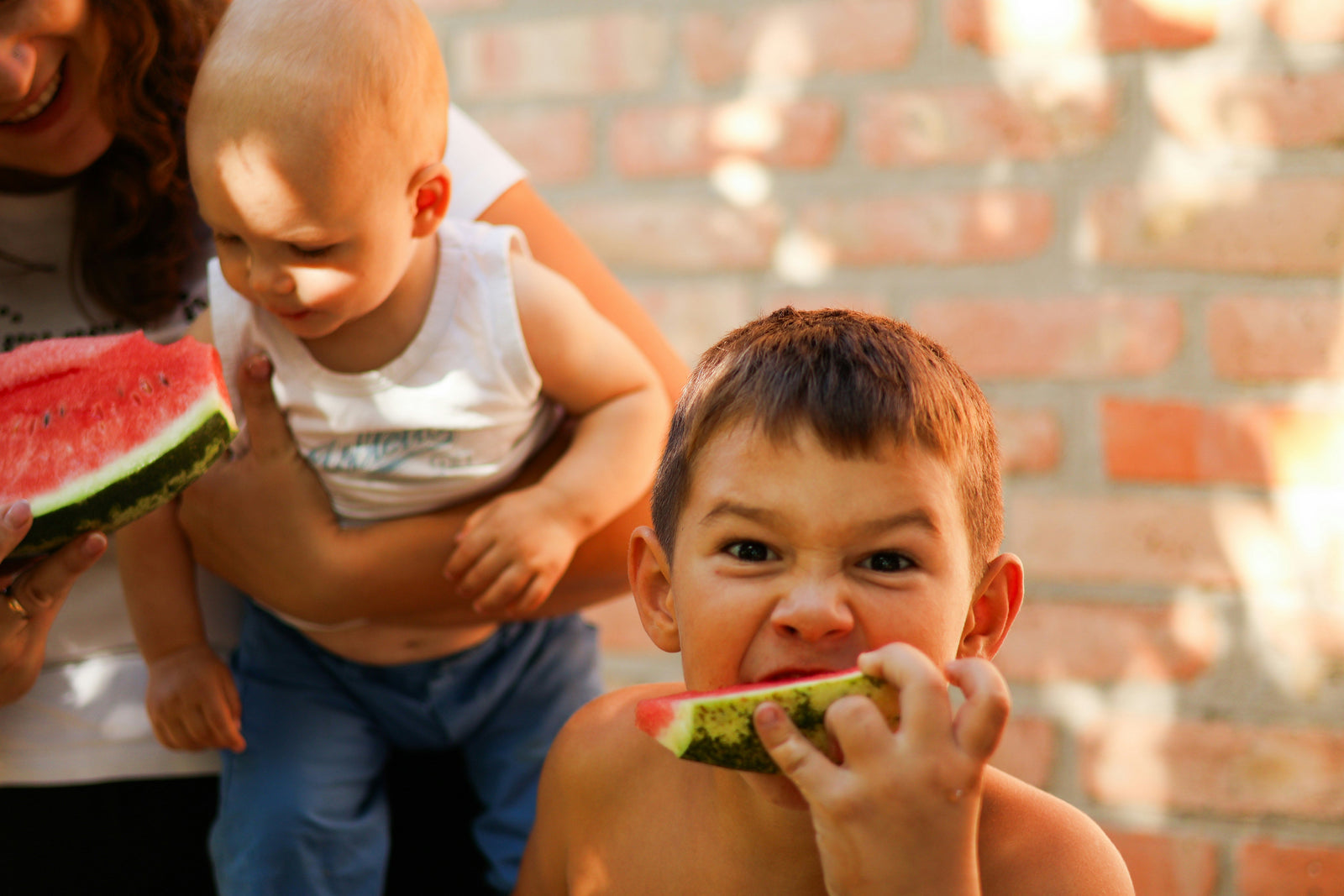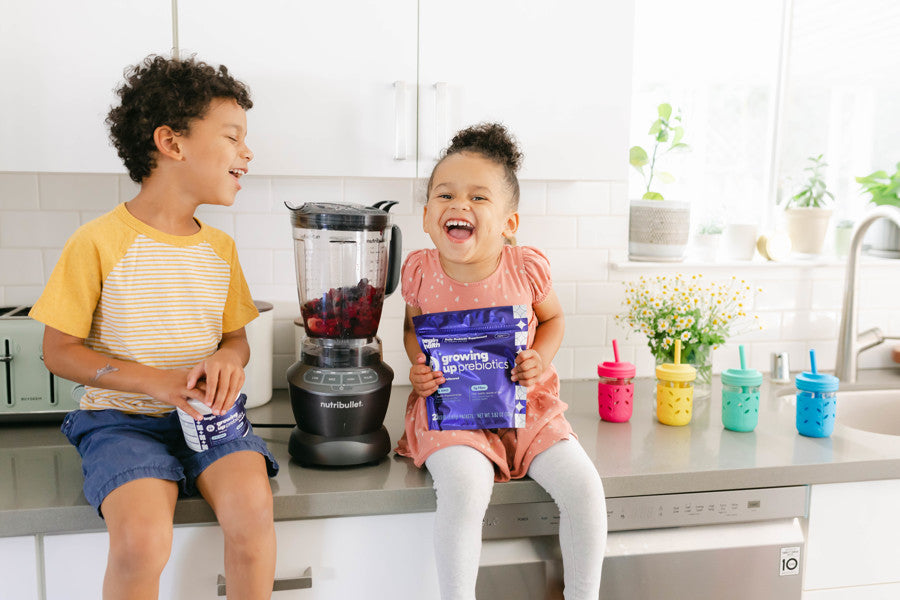Your Cart is Empty
Continue shoppingThe Psychology of Withholding Bowel Movements
Medically reviewed by Dr. Nicole Avena | Published November 15, 2022
share this article

Resisting the urge to use the potty is a common challenge for toddlers and their parents, often beginning unexpectedly after a little one seems to have mastered potty training. This behavior may stem from traumatic experiences or environmental distractions, which, although seemingly minor, can significantly influence a kiddo's willingness to use the bathroom. Let's explore these underlying causes and their impacts in more detail.
Traumatic Experiences Can Lead to Withholding
I distinctly remember the first time I used a public restroom with my newly potty-trained toddler. Have you ever encountered those toilets that flush automatically—and loudly—once you stand up? One incident like this left my daughter terrified of using public restrooms for months after it unexpectedly flushed.
Painful bowel movements represent another type of traumatic experience that can lead to withholding in toddlers and children. While adults might find this concern trivial, children who are just learning to use the toilet often lack extensive experience with bowel movements, particularly those that are painful, unsuccessful, or watery. They're literally learning as they go. Associating pain with potty time can trigger a reluctance in children to relieve themselves when needed.
- Buy Now
Join the
Happy Gut Club
Daily reads to help your little ones lead happier and healthier lives.
How Environmental Distractions Contribute to Withholding
Another cause of withholding is environmental distraction. Kids are easily captivated by their surroundings which means they may delay bowel movements to continue watching TV, playing on an iPad, or playing with friends. Young kids' often have limited focus so they often prioritize these fun activities while ignoring the need to use the bathroom. This often leads to effects similar to those from traumatic experiences, though typically, children don't recognize the consequences of their actions due to distraction.
Long Term Family Challenges of Withholding
Experiencing the startling sound of a noisy public toilet or enduring a hard, painful bowel movement can cause toddlers and children to develop a psychological aversion to using the bathroom again. This often results in physical resistance, such as clenching, which can lead to constipation, stomach pains, and bloating. These symptoms can upset and discomfort children, exacerbating the issue. It's important to discuss these experiences with your child to help them understand and cope with their feelings.
Tip 1 Encourage Positive Experiences During Potty Time
Encourage your child to try again and comfort them when things can get rough. By listening and encouraging them, you can assist with any fears or anxiety around bowel movements.
Tip 2 Add a Daily Prebiotic Supplement for Kids
If your kiddo continues to withhold and it is causing painful pooping, constipation, stomach pain, etc., adding a daily prebiotic supplement like Begin Health’s Daily Growing Up Prebiotics can help regulate their bowels by supporting their digestion through the 3g of fiber offered in every serving. Daily Growing up Prebiotics work by softening the stool and making their bowel movements more comfortable and easy to pass.
Getting Started with Daily Growing up Prebiotics
By adding a daily prebiotic into their supplement routine and making bowel movements a positive experience, it can encourage them to go… even when they would rather be watching the rest of that TV show!
Withholding due to psychological stress, anxiety, or environment is a hurdle many parents must jump with their newly potty-trained children and can be tough to manage. By continuing to encourage using the bathroom regularly, acknowledging fears or anxiety around bowel movements, and normalizing a conversation around how their bodies feel and act, they can continue to go without trouble. Your role as the parent is to be your child’s cheerleader in the bathroom. Using encouraging language and body-positive perspectives can teach your child to not withhold their bowels and to ultimately make them feel better.
Summary
If you notice your child is withholding or has poor toilet habits, be your child’s cheerleader in the bathroom, use encouraging, body-positive language to reduce fear and support them on their journey of bathroom independence.

Author
Dr. Nicole Avena
Trending

How to Transition Kids Off Stool Softeners Safely
read now
How to Know If Your Kid Needs a Stool Softener (or Something Else)
read now
Why Parents Are Choosing Prebiotics Over Stool Softeners for Kids
read now






